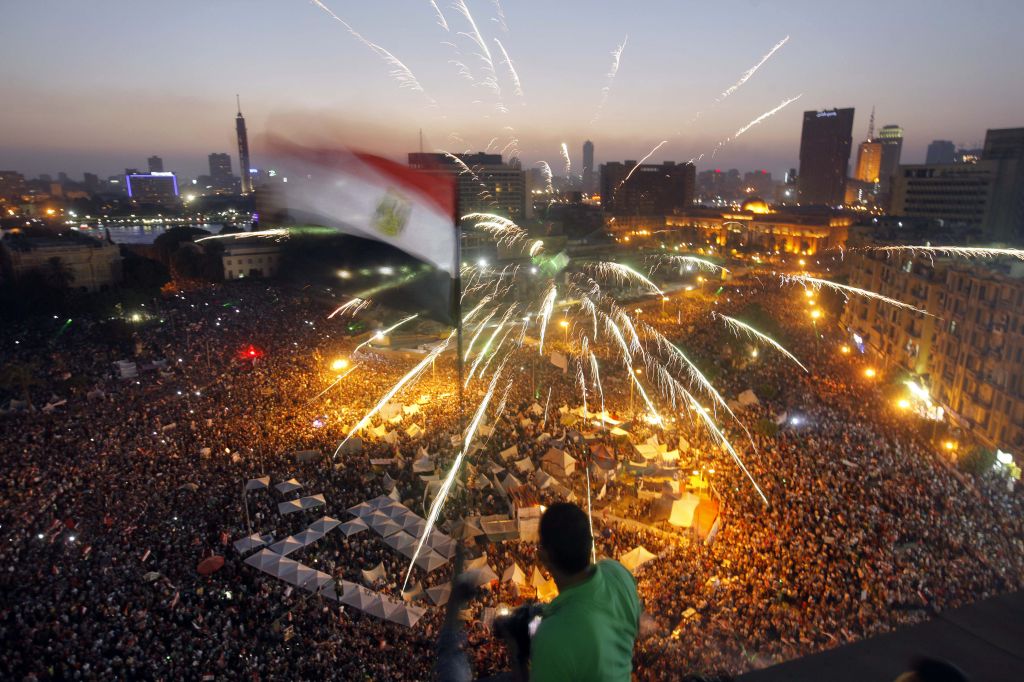By Aliaa Hamed, Aswat Masriya In a deeply polarized Egypt and a few days before holding the second presidential elections after the January uprising, April 6 youth movement and Strong Egypt Party decided to boycott the elections, rejecting what they described as a “skit to install Sisi as president.”Egyptians are voting between ex-army chief Abdel Fattah al-Sisi and leftist politician Hamdeen Sabahi this May. “The solution is not in an election that lacks transparency, integrity and equal opportunities,” Ahmed Imam, official spokesman for “Strong Egypt” Party, told Aswat Masriya.Imam added, “This decision might be met with acceptance or rejection and it might also be rebuffed through fears of having no political leadership for a long term, but in the end we say what is consistent with our conscience. This election will not push us forward and it will make it harder to achieve national unity.”However, the party decided not mobilize for the boycott, in fear that its members would be arrested like what happened ahead of the 2014 constitutional referendum when they glued posters that urged for a “No” vote. Two party members were sentenced to three years in prison.”The current…



